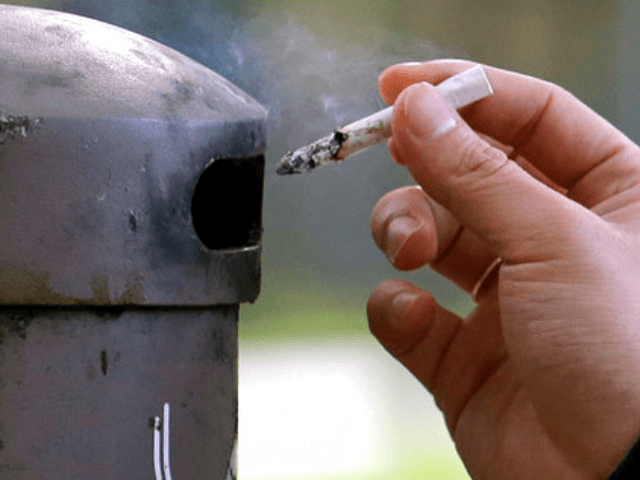New Zealand passed a law on Tuesday that effectively phases out legal tobacco use over the next generation by banning the sale of tobacco products to anyone born after January 1, 2009.
The law also reduced the number of authorized tobacco retailers by 90 percent and limited the amount of nicotine allowed in smoking products.
The new law, among the most draconian prohibitions to be passed in a country where smoking was legal until now, is part of an agenda by New Zealand health officials to more-or-less eliminate smoking by 2025.
In theory, people born before 2009 will be able to continue buying tobacco for decades to come but, in practice, the idea is to keep young people from taking up the habit while making it steadily more inconvenient and expensive for older people to smoke. New Zealand officials believe the number of smokers will collapse dramatically in a very short time frame under these pressures.
Smokers do not quite have to drop the habit cold turkey, as vaping remains legal in New Zealand and is unaffected by the restrictions in the new anti-tobacco law.
Voice of America News (VOA) noted the law passed on a party-line parliamentary vote of 76-43, as libertarians expressed concerns about economic damage and nanny-state overreach:
The libertarian ACT party, which opposed the bill, said many small corner stores, known in New Zealand as dairies, would go out of business because they would no longer be able to sell cigarettes.
“We stand opposed to this bill because it’s a bad bill and its bad policy, it’s that straightforward and simple,” said Brooke van Velden, ACT’s deputy leader. “There won’t be better outcomes for New Zealanders.”
She said the gradual ban amounted to “nanny-state prohibition” that would end up creating a large black market. She said prohibition never worked and always ended with unintended consequences.
“No one wants to see people smoke, but the reality is, some will and Labor’s nanny state prohibition is going to cause problems,” ACT deputy leader Brooke van Velden told the BBC.
The BBC noted New Zealand already has very low rates of smoking – 9.4 percent of adults last year, eight percent this year, and perhaps less than five percent by 2025. Maori citizens smoke at a much higher rate of 19.9 percent, which would seem to make the new law more burdensome for them, although health officials took the opposite perspective and said Maori health would be even more dramatically improved by wiping out tobacco use.
“This legislation accelerates progress towards a smoke-free future. Thousands of people will live longer, healthier lives and the health system will be $5 billion better off from not needing to treat the illnesses caused by smoking, such as numerous types of cancer, heart attacks, strokes, amputations,” declared Associate Health Minister Dr. Mayesha Verrall.
“There is no good reason to allow a product to be sold that kills half the people that use it, and I can tell you that we will end this in the future, as we pass this legislation,” Verrall told Parliament.
Denmark and the United Kingdom are considering similar plans to eliminate smoking with a steadily increasing minimum age. The Danish government said its plan could only be implemented if changes were made to the European Union’s Tobacco Products Directive.

COMMENTS
Please let us know if you're having issues with commenting.